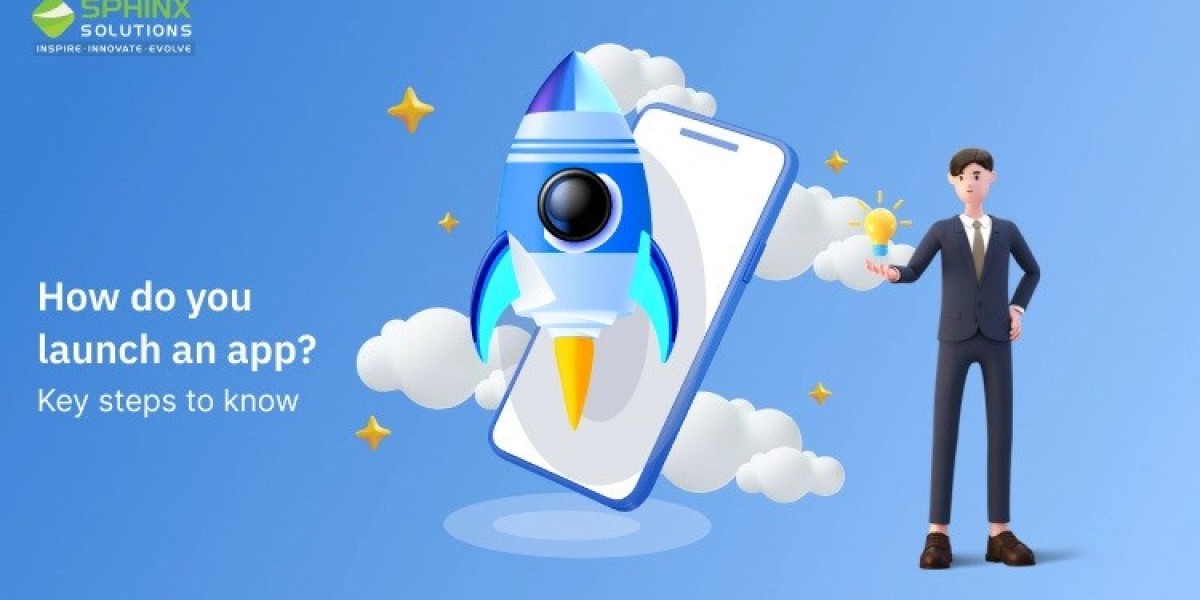Companion diagnostics have emerged as indispensable tools in modern healthcare, facilitating the delivery of personalized medicine by identifying biomarkers that predict patient response to specific therapies. This article explores the key players driving innovation and the segmented landscape of the global companion diagnostics market.
Market Overview
According to Stratview Research, the global companion diagnostics market size was valued at USD 6.69 billion in 2022 and it is projected to reach USD 13.55 billion by 2028, growing at a CAGR of 11.99% during forecast period of 2023-2028.
Overview of Companion Diagnostics
Companion diagnostics (CDx) are tests or assays designed to accompany specific therapies by identifying biomarkers that indicate whether a patient is likely to respond to a particular treatment. Unlike traditional diagnostics, which focus on disease detection, companion diagnostics play a crucial role in stratifying patients based on their genetic, molecular, or other biomarker profiles, ensuring targeted therapy administration and enhancing treatment efficacy.
Market Segmentation
The companion diagnostics market can be segmented based on:
- by Technology Type: Immunohistochemistry, Polymerase Chain Reaction, Next Generation Sequencing, In Situ Hybridization, and Others,
- by Indication Type: Oncology [Lung Cancer, Colorectal Cancer, Breast Cancer, Blood Cancer, and Others], Neurology, and Others,
- by Region: North America, Europe, Asia-Pacific, and Rest of the World.
Key Players in the Companion Diagnostics Market
The global companion diagnostics market is characterized by the presence of several prominent players and a competitive landscape shaped by innovation and strategic collaborations. Key players driving market growth include:
- Roche Diagnostics: As a leader in the companion diagnostics field, Roche Diagnostics offers a comprehensive portfolio of tests that support targeted therapies across various disease indications. The company's expertise in molecular diagnostics and extensive partnerships with pharmaceutical companies underscore its leadership position in the market.
- Agilent Technologies: Known for its advanced genomic solutions, Agilent Technologies provides a range of companion diagnostics products, including assays for detecting biomarkers in oncology and other disease areas. The company's focus on precision medicine and commitment to technological innovation contribute to its significant presence in the market.
- Qiagen: Qiagen specializes in molecular diagnostics and has developed companion diagnostics assays that enable personalized treatment decisions in oncology and other therapeutic areas. The company's broad portfolio of sample and assay technologies supports its role as a key player in the global companion diagnostics market.
- Thermo Fisher Scientific: Thermo Fisher Scientific offers a diverse portfolio of companion diagnostics solutions, leveraging its capabilities in genetic analysis, PCR technology, and bioinformatics. The company's collaborations with pharmaceutical partners enhance its ability to deliver targeted therapies and drive market growth.
- Abbott Laboratories: Abbott Laboratories is actively involved in the development of companion diagnostics assays that assist in the selection and monitoring of targeted therapies. The company's focus on enhancing patient care through innovative diagnostic solutions reinforces its position in the companion diagnostics market.
Market Dynamics and Growth Drivers
The companion diagnostics market is propelled by several key factors:
- Advancements in Molecular Diagnostics: Technological innovations in molecular testing, such as NGS and digital PCR, continue to expand the capabilities of companion diagnostics, enabling more precise and reliable biomarker detection.
- Rising Demand for Personalized Medicine: Increasing recognition of the benefits of personalized medicine, including improved treatment outcomes and reduced adverse effects, drives the adoption of companion diagnostics in clinical practice and drug development.
- Strategic Collaborations and Partnerships: Collaborations between diagnostic companies, pharmaceutical firms, and academic institutions facilitate the development and commercialization of companion diagnostics assays, broadening their application across diverse disease indications.
- Regulatory Support and Reimbursement Policies: Clear regulatory pathways for companion diagnostics approval and favorable reimbursement policies enhance market accessibility and encourage healthcare providers to integrate these tests into routine clinical practice.
Future Outlook
Looking ahead, the companion diagnostics market is poised for significant growth, fueled by ongoing advancements in technology, expanding applications in oncology and other disease areas, and increasing global healthcare expenditure. Key players will continue to innovate and expand their product portfolios to meet the growing demand for personalized treatment solutions worldwide.
In conclusion, the global companion diagnostics market is characterized by innovation, strategic partnerships, and a focus on improving patient outcomes through personalized medicine. As the market evolves, stakeholders across the healthcare continuum are well-positioned to capitalize on opportunities that enhance diagnostic accuracy, therapeutic efficacy, and overall healthcare delivery.









